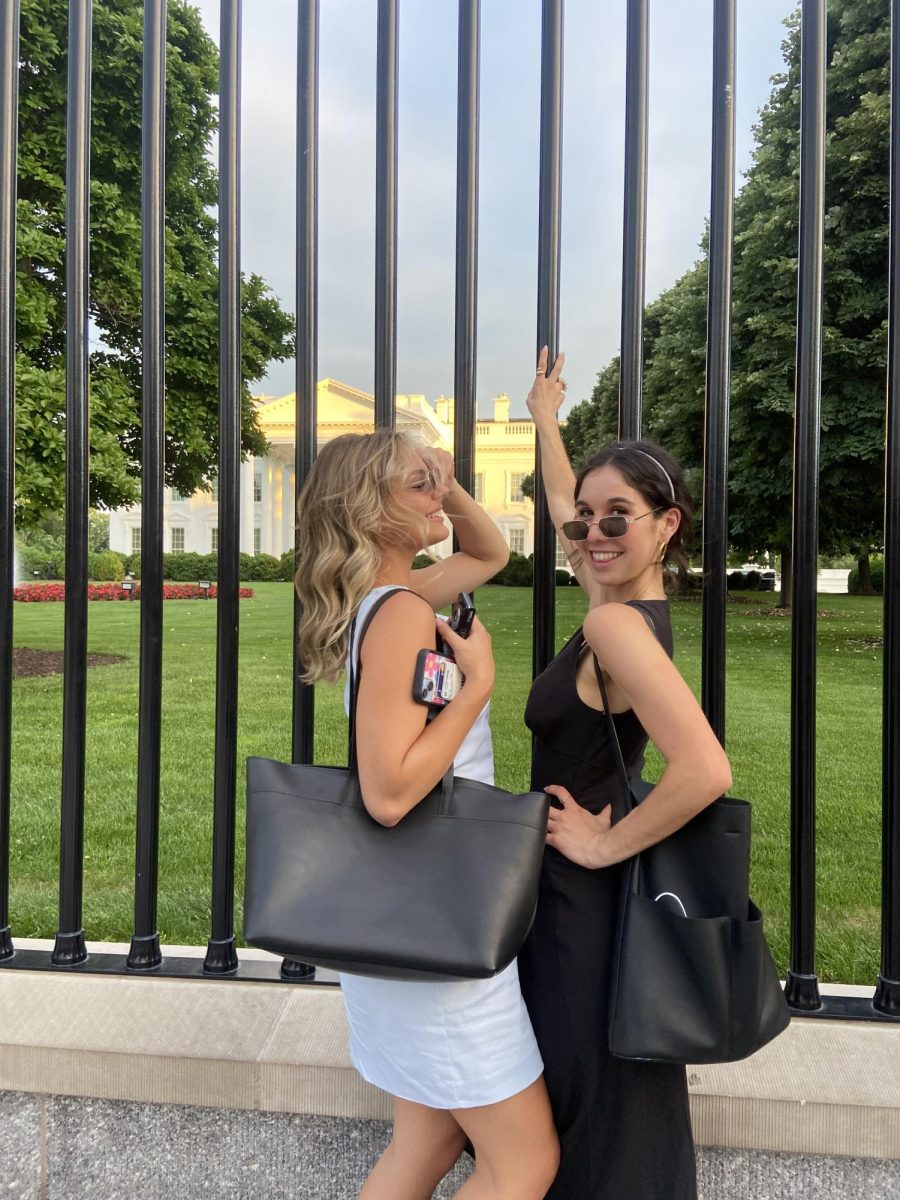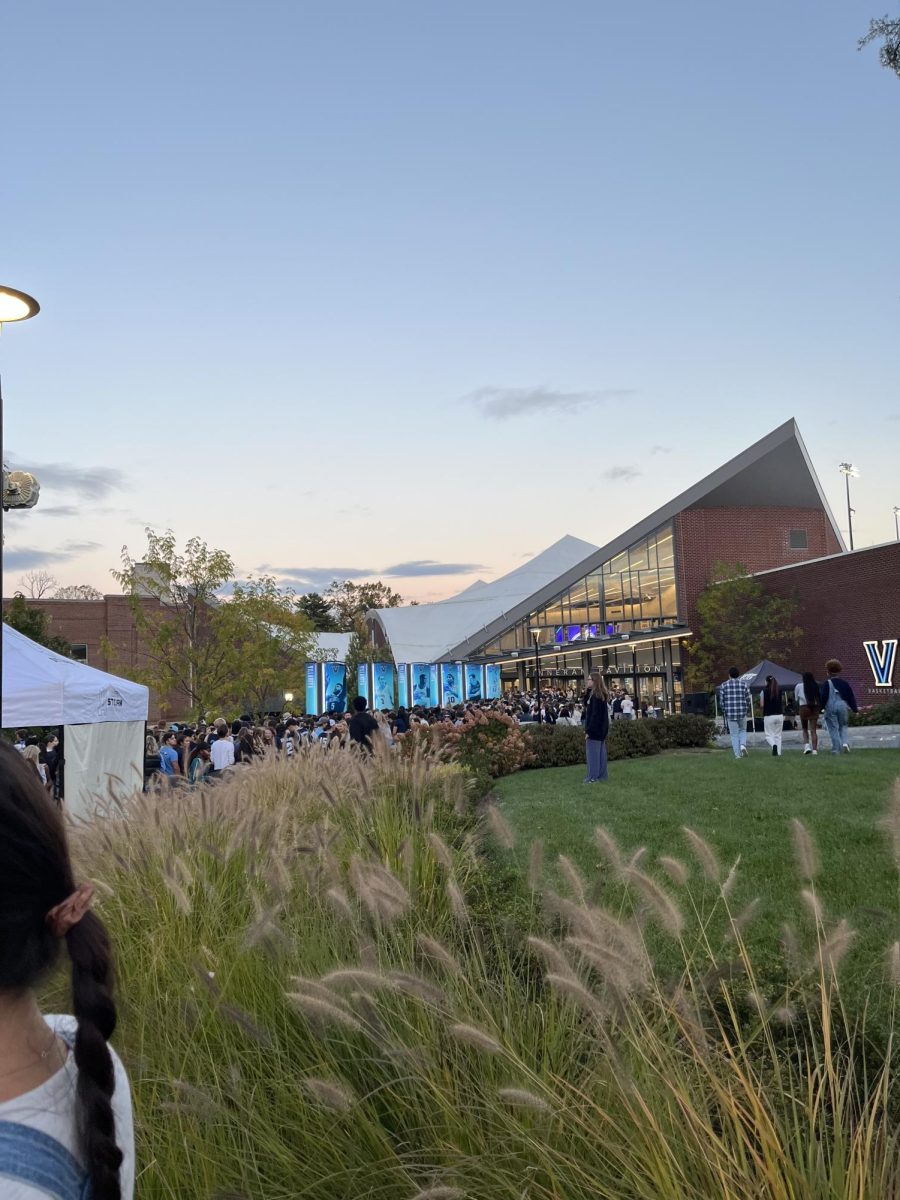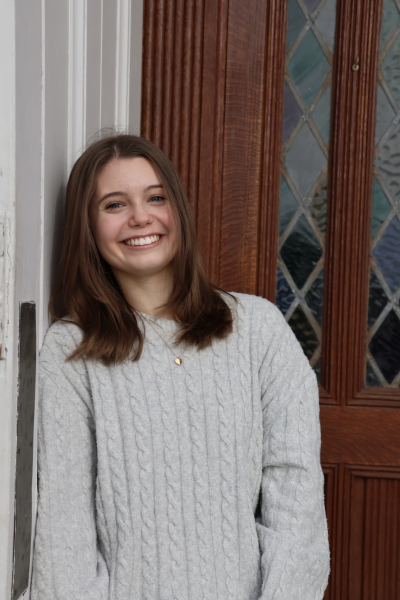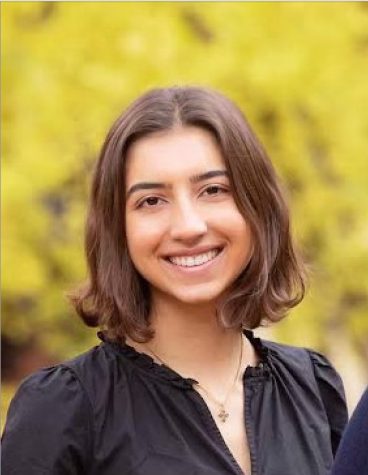Attention Wildcats: are you being bombarded with essays? Are you in need of some tips to help you with your writing? Look no further.
On Thursday, Sept. 28, New York Times journalist and accomplished book review editor Elisabeth Egan visited Falvey Library to talk to students about her career and how to become a better writer. The event was hosted by the Villanova Writing Center and the Writing and Rhetoric Program. A large crowd of students was in attendance. Egan gave many professional tips for students.
“Reading is the training for writing.”
Egan’s job revolves around books, and she writes about everything from profiles on authors to previewing books for review. However, she advises that, for every type of writing, reading is the key. She lives by the fact that it helps a writer improve their craft and better their own skills.
“Read widely. Expose yourself to everything.”
Egan specified that one needs to read in many different genres in order to become a more versatile writer. In her talk, she mentioned poetry, graphic novels and even self-help books. She works in Commercial Fiction at the New York Times, but thinks all types of literature are beneficial for someone looking to improve their writing.
“To me, the number one thing to do before you write is to think.”
Egan confirmed that she despises a blank screen just as much as the next writer. She said she often finds it best to step away from the computer and do thinking while doing other activities, like chores around the house. This clears one’s head and makes it easier to write when they sit back down.
“Sometimes the first thing that comes to you is the building block you need. Just begin with the first sentence.”
Egan said she often writes many of her articles in the Notes app on her phone, with ideas that come to her while doing other things during the day. She said that, many times, the first thing she writes ends up being the lead or beginning of her article.
“Listen carefully. Be kind to yourself. Let yourself experiment with words in the same way that you would experiment with music as if you were a musician. Don’t feel like it’s a career for someone else. There’s no reason it can’t be your career, too.”
When asked for parting advice for students, specifically those wanting to become writers or journalists, the words above were Egan’s answer. She said that a big part of her career is listening, as she often interviews authors, especially for her column, Inside the List, where she profiles new writers on the bestseller list.
“The creative life has a role in any work that you do. Writing and reading are just pillars of everything.”
While she empowered students interested in a career like hers, Egan also encouraged students of many interests to see that reading and writing skills are useful in any career.
While not every Villanova student will go on to work for the New York Times, it is safe to say that all students could use some of Egan’s magic for a big upcoming paper. So, next time you’re having a hard time writing that first sentence or motivating yourself to write, the only question you need to ask yourself is, what would Liz Egan do?









